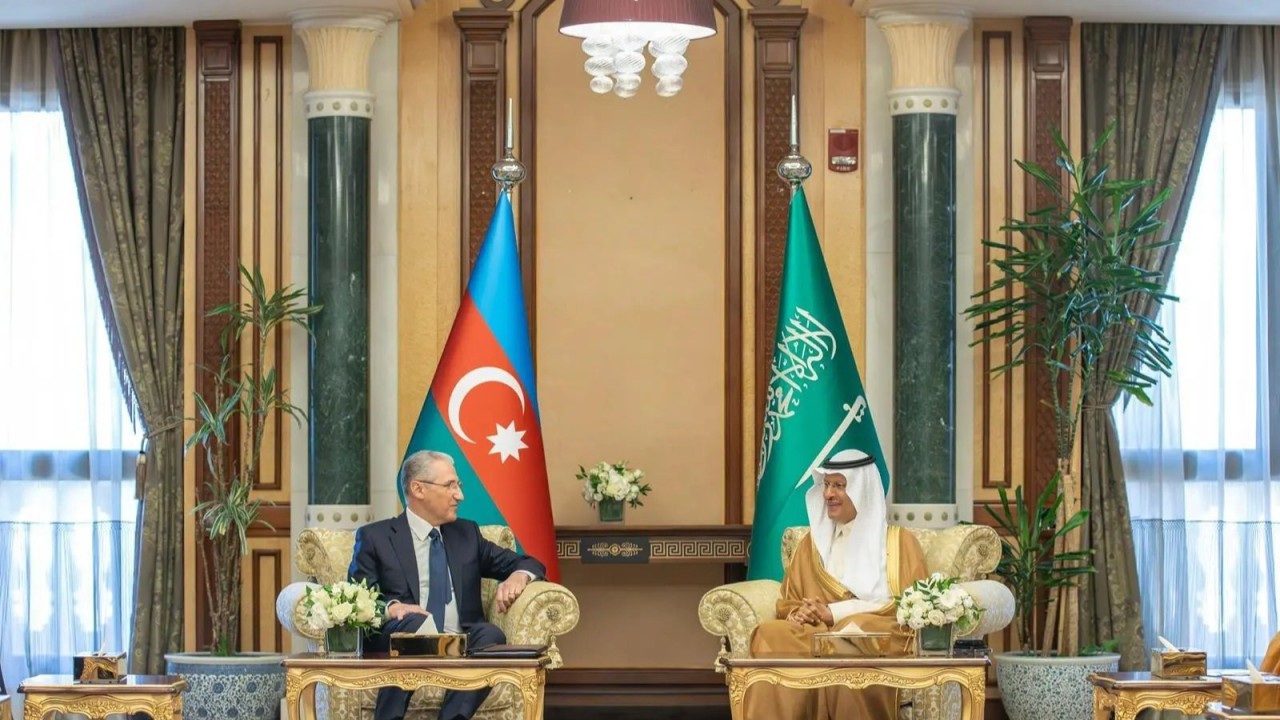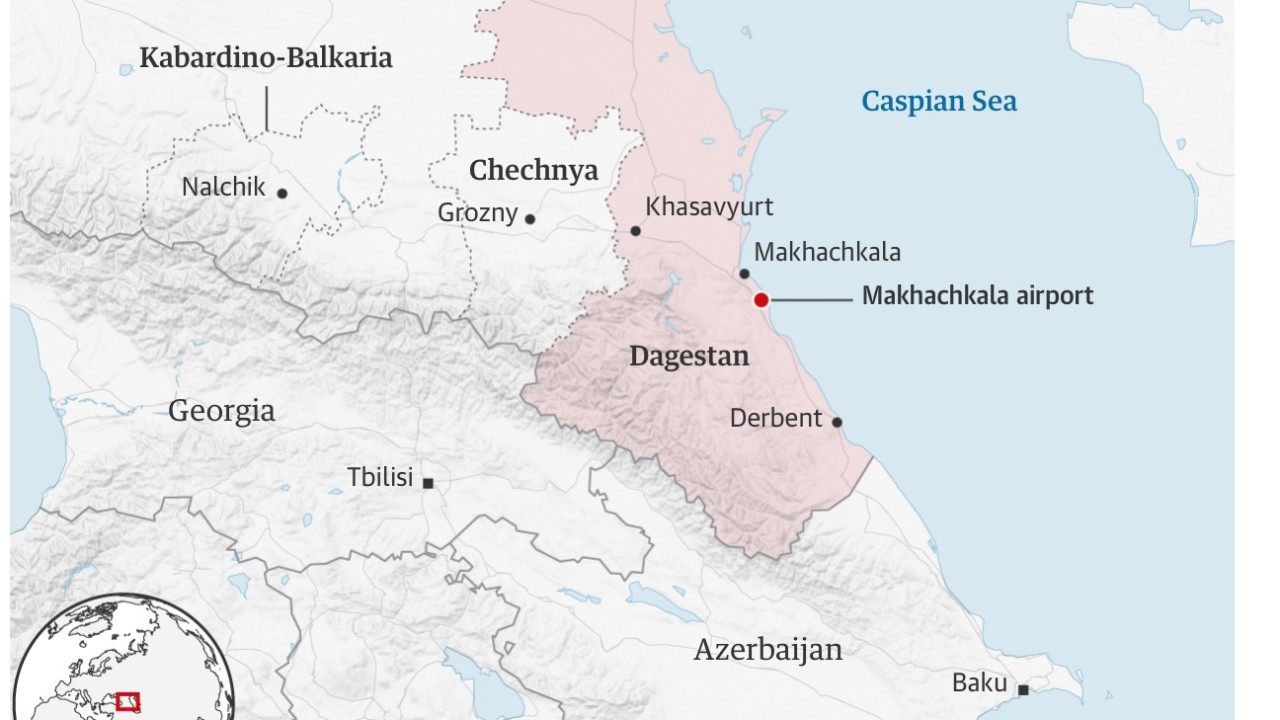Leading this week
On January 7, a confident Ilham Aliyev, buoyed by favorable geopolitical conditions, delivered a rousing speech outlining his vision for Pax Azerbaijanica — an era of Azerbaijani supremacy in the South Caucasus.
During his remarks, Aliyev escalated demands for a hefty package of concessions — designed to subvert Armenia’s sovereignty and national viability. In an effort to crystalize the region’s postwar geopolitical order, Baku’s latest pressure campaign includes demands for constitutional reform, the withdrawal of international legal cases and the so-called Zangezur Corridor. (The Zangezur Corridor is a critical plank in Azerbaijan’s geopolitical ambitions. Baku aims to leverage the corridor to establish trade routes across Central Asia, Russia, Turkey and the European Union.)
To date, the Armenian authorities have accepted a string of major concessions vis-à-vis Baku (i.e., unfavorable border delimitations and superficial defense reforms.) This appeasement drive — which includes normalizing international engagement with Azerbaijan via a hallow peace process — has severely narrowed Armenia’s postwar margin of maneuver. (For years, Armenia has been subject to a sort of Zersetzung, a Stasi-era tactic — conducted by external and internal actors — aimed at the degradation of a country’s body politic.)
Azerbaijan’s saber-rattling draws heavily from psychological warfare (i.e., civilian dehumanization, disinformation campaigns and disorientation tactics). These activities are accompanied by routine denials of statehood and demands for Armenia’s demilitarization. Collectivity, these methods aim to strong-arm Armenian society into accepting Azerbaijan’s maximalist geopolitical demands, while simultaneously legitimizing further escalation.
As part of its psychological warfare campaign, Baku has also advanced its Western Azerbaijan initiative, a pseudo-irredentist project that claims vast swaths of Armenia. This initiative, which draws from Russia’s approach vis-à-vis Ukraine, aims to legitimize bogus territorial claims and create conditions for demographic reengineering. In his recent speech, Aliyev demanded the resettlement of 300,000 Azeris across Armenian territory — with a particular focus on the Gegharkunik and Syunik provinces. (Baku already occupies territory in both regions.)
Amid political change in Washington and a greenlight from Moscow, Baku is poised to escalate its maximum pressure campaign — at the expense of Armenia’s statehood.
What we are watching
Since the late 1990s — in a sustained campaign to reshape the global information landscape in its favor — Azerbaijan has invested in a far-flung web of think tanks and academic institutions. In recent years, Baku has leveraged these organizations to gain sway with Western policy circles and promote specious pro-Azerbaijani narratives. The following organizations — weather wittingly or unwittingly — are cogs in this burgeoning influence machine.
Institute for Security and Development Policy. The Stockholm-based Institute for Security and Development Policy (ISDP) maintains longtime, intimate ties with Azerbaijan. Despite receiving funding from the Swedish Foreign Ministry, the Eurasia-focused think tank, run by Svante Cornell, conducts biased analysis around the South Caucasus. In 2022, journalist Rasmus Canback, published an eye-opening article exposing Cornell’s ties to Azerbaijan’s leadership. Cornell often engages with Baku’s political elite, including Hikmat Hajiyev, Aliyev’s foreign policy advisor. (Hajiyev played a key role in shaping Azerbaijan’s recent campaign to stoke unrest in New Caledonia.) Cornell also serves on the board of the Caucasus Institute, a government mouthpiece.
In exchange for its favorable coverage, the research institute benefited handsomely from Azerbaijani largesse. In the mid-2010s, ISD received regular funding from “The European Azerbaijan Society,” a vehicle for Baku’s influence peddling activities. The group — disbanded following corruption allegations — aggressively promoted Azerbaijan’s skewed narrative around Nagorno-Karabakh. (In 2021, the institute also received funding from a construction firm linked to the Aliyev family.)
Caspian Policy Center. The Baku-led Caspian Policy Center, a run-of-the-mill Beltway think tank, serves as a lobbying vehicle for Central Asian and Azeri interests. (In recent years, Azerbaijan has leveraged its Central Asia ties to create opportunities for increased international engagement.) The research institute — which includes a roster of retired senior U.S. officials — provides favorable coverage of the region, particularly its energy and economic prospects. (Baku routinely taps former diplomats to join its “advocacy” networks.) Fostering this influence infrastructure is key to achieving Azerbaijan’s ultimate objective — to serve as a proxy for its Central Asian allies, while shaping the West’s evolving approach to the increasingly strategic region. A win-win for Baku.
Hague Research Institute. The recently established Hague Research Institute for Eastern Europe, the South Caucasus and Central Asia is also part of Azerbaijan’s sprawling influence infrastructure. The organization, co-founded by Agha Bayramov, serves as a platform to amplify pro-Azeri narratives. (In the recent past, Bayramov was affiliated with the AIR and Topchubashov Centers — both Baku aligned think tanks.)
Over the last year, the Hague Research Institute has increasingly advanced specious, pro-Azerbaijani narratives. On the eve of the COP29 climate change conference, the research outlet’s staff penned a flurry of articles around Azerbaijan’s green energy sector. (Since 2023, green energy has become a central plank of Azerbaijan’s foreign policy engagement.) The institute also promotes Azerbaijan as a key interlocutor between Europe and Central Asia — with the aim of expanding Baku’s strategic value across Western policy circles.
Why the world should care
Baku’s campaign to serve as a gateway to Central Asia is an obvious gambit to maintain its strategic value vis-à-vis the West. (The European Union’s eastern flank is particularly interested.) But by embracing this mode of cooperation, the European Union is possibly animating a new model of authoritarian resilience. Azerbaijan is effectively being rewarded for mustering — and facilitating access to — authoritarian networks. This model, if adopted more widely, will expand the bargaining might of authoritarian powers, likely jeopardizing Western interests over the long-term.



